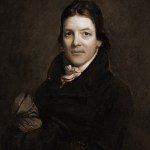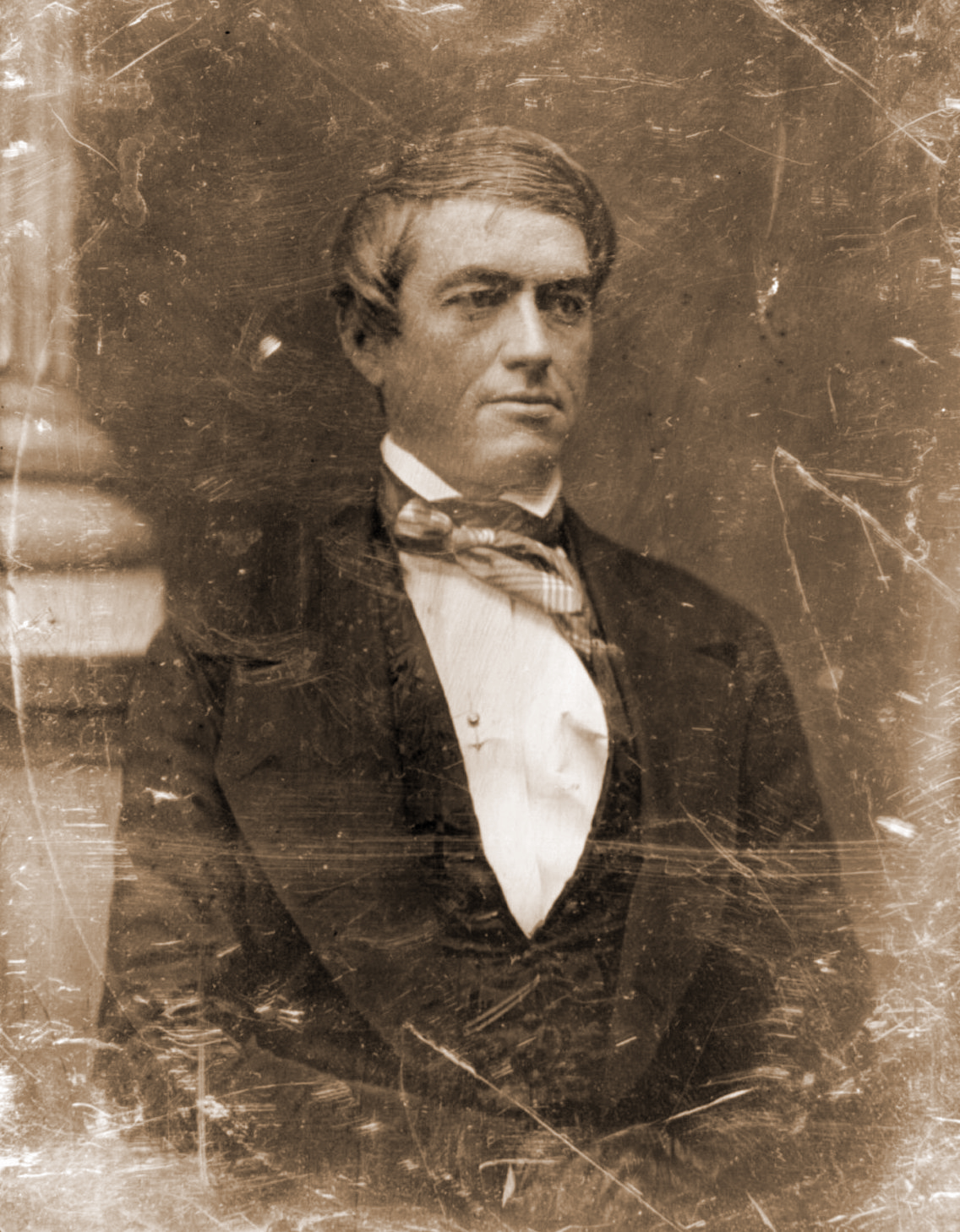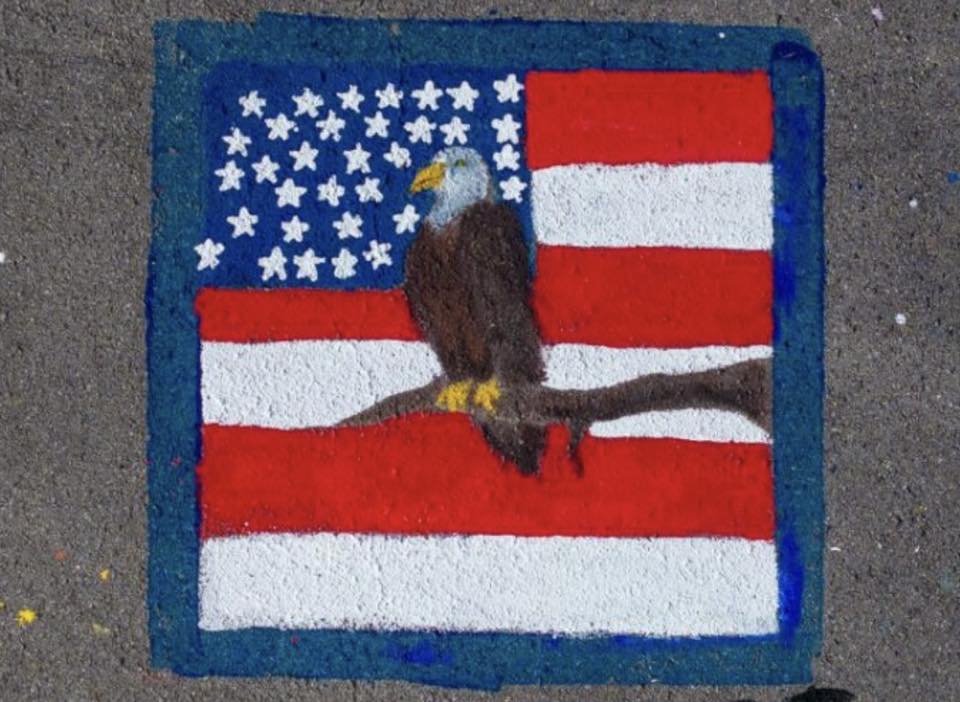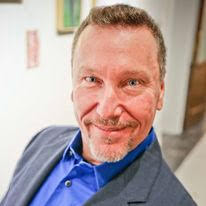Randolph vs. Clay — the bloodless duel
Published 8:20 am Thursday, December 21, 2023


By Jadon Gibson
Contributing Columnist
John Randolph’s mother brought him up strictly teaching him as he often remarked, “the Lord’s Prayer and the ten commandments.”
Trending
Born in 1773, his early Virginia upbringing served him well. Randolph studied at Princeton, Columbia and William & Mary and in 1799 he presented himself as a candidate for Congress. On the same occasion Patrick Henry who was then 67 years of age presented his candidacy for the state senate before the electors as was customary. The measure of Patrick Henry’s fame was full at the time.
“The alien and sedition laws have planted this old warrior’s pillow with thorns,” Patrick Henry began, noticeably aged and in ill health. “I am quitting my retirement to make one more effort for my country. I am declaring for the state senate.”
He gradually gained strength and animation while his eloquence overtook the house like an avalanche. Henry descended into the arms of the throng at the conclusion of his candidacy speech as he was heartily accepted with approving smiles and backslaps by the electors. Many, such as Dr. John Rice, considered it Patrick Henry’s finest effort.
“The sun has set in all his glory,” Dr. Rice exclaimed.
The 26-year-old Randolph was the next candidate to announce. His gait was in the Indian manner, placing his feet straight forward. His positions were totally opposed to those of Patrick Henry and the electors thought it presumptuous that such a youthful stripling should rise following the great oration of the famous national hero – and in opposition to his words.
“Tut, tut, it won’t do,” an elector of Irish descent said. “It’s like the banging of a tin pan after hearing a fine church organ.”
Trending
Yet as Henry’s sun set in all his glory, Randolph’s sun rose with a great brilliance. The beardless wonder, as Henry called him, quieted the tumultuous crowd and after gaining their ear, effectively making the points of his platform before finishing to a houseful of hurrahs.
Henry again mounted the platform and congratulated the youthful Randolph for his rare talents saying, “He is a young man of promise; cherish him he will make an invaluable man.” Henry went on to say he regretted the political errors brought about by Randolph’s youthful zeal.
Patrick Henry won his Senate seat but died before he was sworn into office. Randolph won his campaign for Congress and won several reelection bids over the years that followed.
Later he served as U.S. Senator but he had a penchant for speaking without restraint, at times with a devilish wit and caustic tongue. A frequent opponent of statesman Henry Clay, who was a presidential candidate in 1844, Randolph credited Clay with “having the brilliance of a dead mackerel in moonlight.” When he accused Clay of corrupt dealing the latter challenged him to a duel.
Gen. James Hamilton, a friend of John Randolph, wrote of the following occurrences:
“Mr. Randolph sent for me the night before the duel,” Hamilton penned. “He was in a confiding mood and remarked that he would receive but not return Clay’s fire.
“Nothing will cause me to harm a hair on his head,” Randolph said. “I will not make his wife a widow nor will I make orphans of his children. Their tears would be shed over his grave; but I am alone and when the sod of Virginia rests on my bosom there is not one individual to pay this tribute upon mine.
When Gen. Hamilton told Col. Tattnal, a congressman from Georgia, of Randolph’s plan of inaction he threatened to disassociate himself and not act as a “second” for Clay.
“Well, Tattnal, Randolph finally relented. “If I see the devil in Clay’s eye, I may then change my mind.”
The two adversaries, two of the greatest Americans in service and esteem then and now, met on the banks of the Potomac River the following afternoon.
Randolph saw no devilishness in Clay’s eye – only a focused, somber resolve. Randolph was wearing buckskin gloves when Col. Tattnal handed him the loaded pistol and the lack of feeling due to the thick gloves caused him to accidentally spring the hair trigger with the gun firing prematurely. The muzzle was pointed to the ground, the shot reverberating about the countryside.
“Mr. Randolph,” Clay’s friend Gen. Jessup, spoke up. “I must warn you that if that occurs again, I will leave the grounds.”
Clay, who had witnessed the event, promptly spoke up, “General, it was entirely an accident. Mr. Randolph meant no harm and no harm has been done. We will continue.”
Soon thereafter word came for the duel to commence. After pacing ten steps Clay quickly raised his pistol and fired so as to get off the first shot. There was no evidence that the shot was true as Randolph stood unwavering. Randolph then had the supreme advantage and would be able to aim and fire. Yet he raised his arm and intentionally fired his shot into the sky. This had a profound effect upon Clay and the others.
Clay was overcome with pent-up emotions. He approached John Randolph saying, “I trust God, my dear sir, you are unhurt.” Randolph indicated that Clay’s bullet had only pierced his clothing. “You owe me a coat, Mr. Clay,” Randolph jested. Clay answered, “I am glad the debt is not greater Mr. Randolph. I would not harm you for a thousand worlds.”
Gen. Hamilton, Randolph’s second, grasped Clay’s hand with a hearty shake saying, “My good sir, our friendship has been long separated, but after the events here today I feel that we will be friends forever.”
Several years later John Randolph gave his farewell speech to a group of constituents.
“I have served you to the best of my ability and you have supported me through both good and bad reports,” he said. “You call me a faithful representative. No man ever had such good constituents. I know I’ll get an acquittal for my earthly tribunal but it is time for me to retire and prepare to stand before a higher tribunal. That final tribunal is of infinite more importance.”
Announcing his retirement, he bent forward as though rolling a great weight from him and exclaimed, “Take it back, Take it back!” He then mounted his horse and rode away.
Jadon Gibson resides in Harrogate, Tennessee. His writings are both nostalgic and historic in nature. Thanks to Lincoln Memorial University, Alice Lloyd College and the Museum of Appalachia for their assistance.








